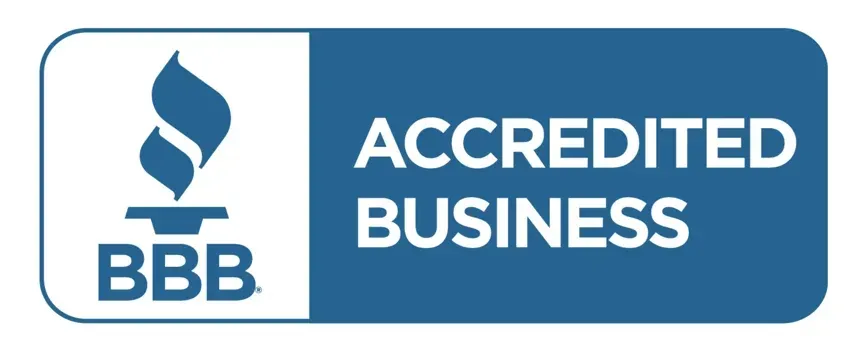Contractor Corporate LLC Setup Services – What’s the difference between an S-Corp and an LLC?
 When working with general contractors who are starting businesses, one of the most common questions we hear is about the difference between an LLC and an S-Corp. At Contractors Reporting Services, we believe in educating our clients to help them make the best decisions for their business future. Our contractor Corporate LLC setup services are designed to help each client find the foundation for their business that will yield the most economic advantages.
When working with general contractors who are starting businesses, one of the most common questions we hear is about the difference between an LLC and an S-Corp. At Contractors Reporting Services, we believe in educating our clients to help them make the best decisions for their business future. Our contractor Corporate LLC setup services are designed to help each client find the foundation for their business that will yield the most economic advantages.
That being said, let’s take a closer look at the difference between an LLC and an S-Corp so you can decide which option is better for your ultimate business goals.
Here is the definition of an LLC , taken from the Small Business Association (sba.gov):
An LLC is a business structure similar to a sole-proprietorship or a general partnership. According to the IRS , ‘It is designed to provide the limited liability features of a corporation and the tax efficiencies and operational flexibility of a partnership.’
One of the features that distinguishes the LLC from an S-Corp is its operational ease. There are far fewer forms required for registering and there are fewer start-up costs. Filing taxes is a once-a-year affair on April 15: a single-member LLC files a 1040 and Schedule C like a sole proprietor; partners in an LLC file a 1065 partnership tax return like owners in a traditional partnership.
Our contractor corporate LLC setup services can help you decide if an LLC is the best option for your new contracting and construction business.
In comparison, here is the SBA’s definition of a Corporation :
An S-Corp is a corporation that has received the Subchapter S designation from the IRS. A business must first be chartered as a corporation in the state where it’s headquartered then file to be considered an S-Corp. According to the IRS, S-Corporations are ‘considered by law to be a unique entity, separate and apart from those who own it.’ This allows for a limit on the financial liability for which an owner (aka ‘shareholder’) is responsible. Nevertheless, liability protection isn’t perfect. The plaintiff may be able to ‘pierce the corporate veil’ and go after your personal assets in a lawsuit.
One of the best features of the S-Corp is the tax savings for you and your business. Recall that members of an LLC are subject to employment tax on the entire net income of the business. Conversely, only the wages of the S-Corp shareholder who is an employee are subject to employment tax. The remaining income is paid to the owner as a ‘distribution’ which is taxed at a lower rate if at all!
Our team at Contractors Reporting Services can help you decide if a Corporation is the best route for your business. Our contractor corporate LLC setup services are designed to find the most economically beneficial options for your beginning contractor business.
Call our team to set up a meeting today.
Contractors Reporting Services
13795 N Nebraska Ave
Tampa, FL 33613
1.800.487.2084













